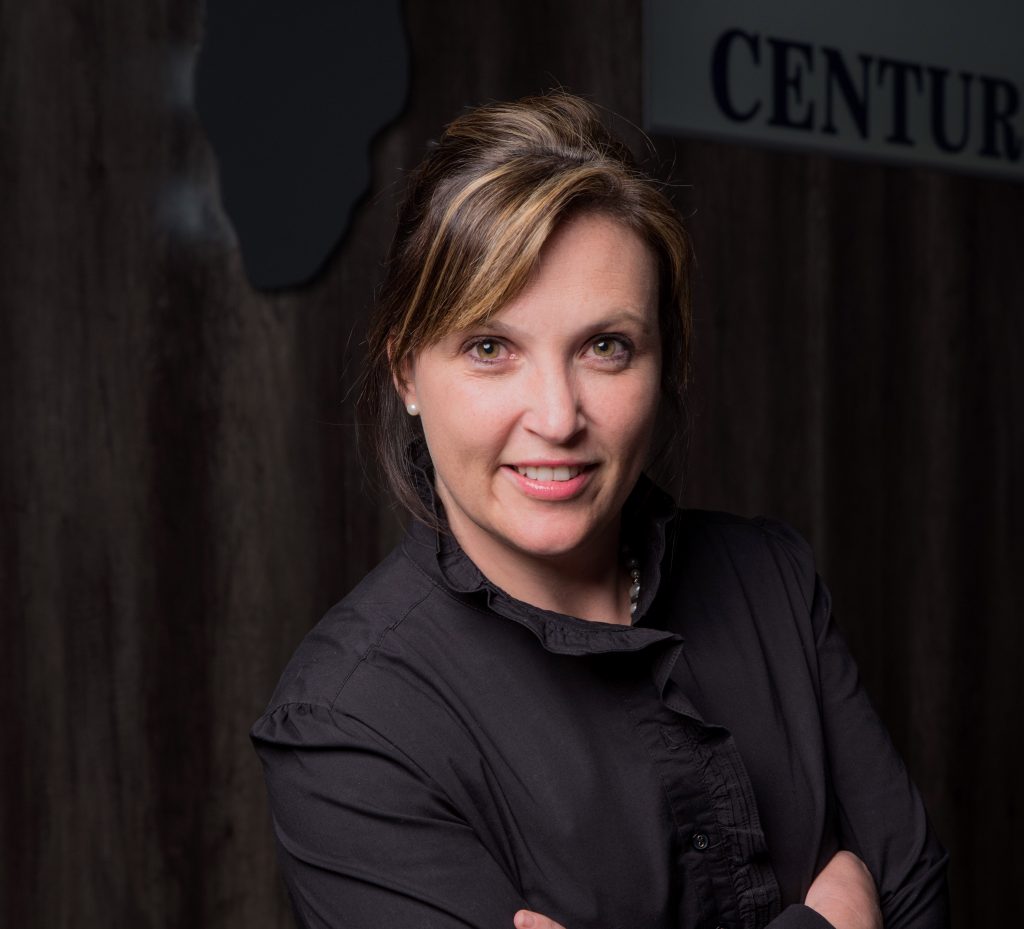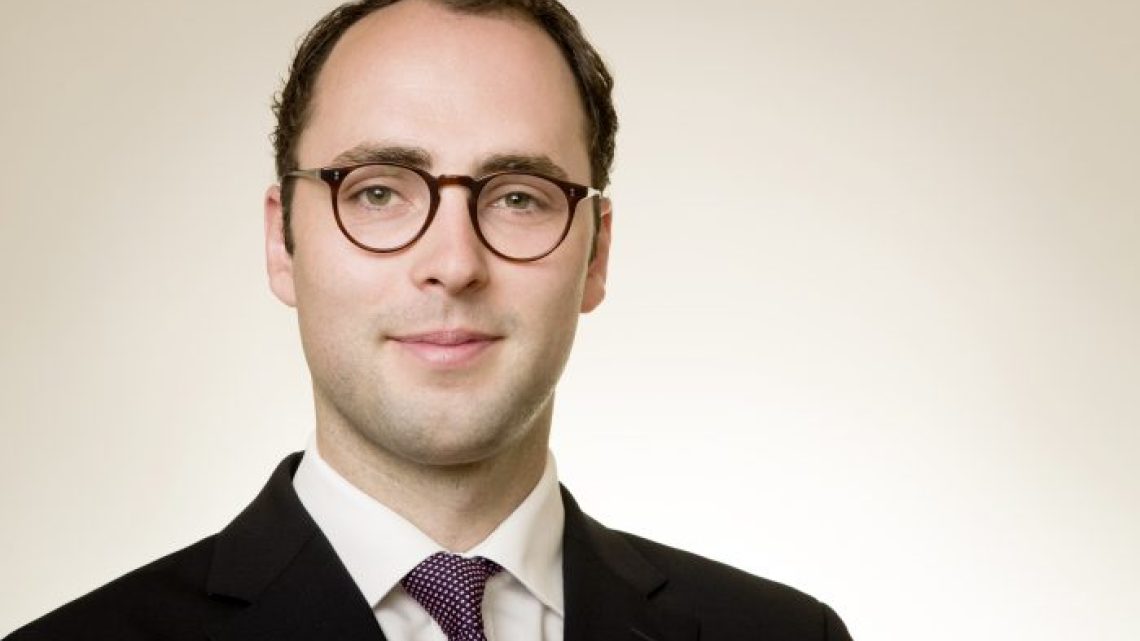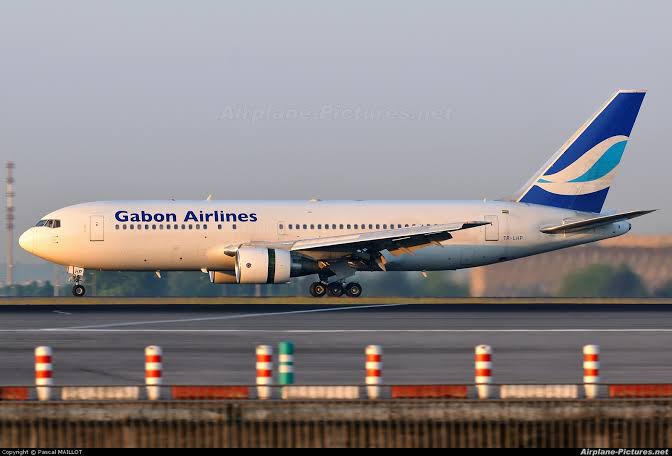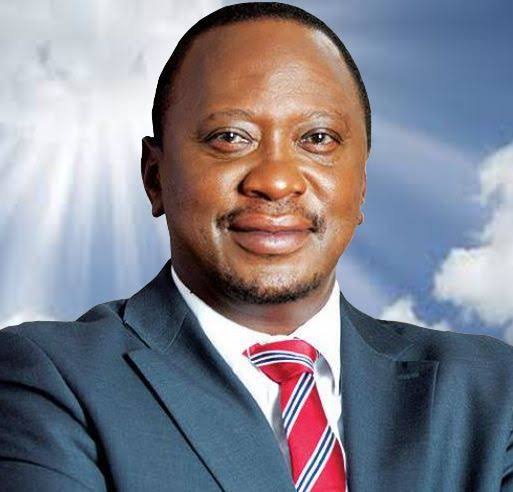Nigerian Traders In Ghana Turn To Beggars Over locked Up Shops — NUTAG
The Nigerian Union of Traders Association Ghana (NUTAG) claims their members have now resorted to begging for survival over closure of their shops by the Ghana Union of Traders Association (GUTA).

Speaking to Citi News, Secretary-General of NUTAG, Comrade Evaristus Nwankwo, said the locking up of shops has subjected members to severe economic hardship forcing some Nigerian traders to go back home.
Read also:Ghana Sets Up Committee Over Nigerian Businesses in the Country
In 2019, over 600 shops operated by foreigners were closed down for engaging in retail business exclusively reserved for Ghanaian traders. Majority of these clocked up shops were owned by Nigerians.
The Nigerian traders have insisted that they are permitted to trade in the country by ECOWAS protocols and have made several appeals to stakeholders for amicable intervention.

Comrade Nwankwo said the Association is still appealing to the government to intervene and have their shops reopened.
“There are serious challenges and that is why we are pleading [with the government]. Most of our members have resorted to begging from some of us whose shops are still open. They come to ask for GH¢100, GH¢50.”
“In one of our meetings, we had to do a freewill donation to accommodate those who are at Circle. Some have children who are sick and need medication all the time. I know about five of them who have gone back to Nigeria. Is this good news for the Ghana government? I don’t think so. It is giving a negative image to this country,” he said.
NUTAG — GUTA impasse
In Ghana, there has been a level of hostility between NUTAG and GUTA over the local retail space.
Ghanaian traders are also pushing for the enforcement of Ghana’s laws that prohibit foreigners from engaging in retail trade.
Hundreds of shops owned by Nigerians have been locked up in a move by GUTA to clamp down on foreigners engaged in retail businesses against Ghanaian laws.
Local retailers in parts of Accra and Kumasi have in recent times locked up the foreign-owned shops, preventing foreigners from going about their business.
NUTAG said its members have endured harassment since 2007, hence appealed to President Nana Akufo-Addo to immediately intervene in its ongoing brawl with the GUTA.
Charles Rapulu Udoh

Charles Rapulu Udoh is a Lagos-based lawyer who has advised startups across Africa on issues such as startup funding (Venture Capital, Debt financing, private equity, angel investing etc), taxation, strategies, etc. He also has special focus on the protection of business or brands’ intellectual property rights ( such as trademark, patent or design) across Africa and other foreign jurisdictions.
He is well versed on issues of ESG (sustainability), media and entertainment law, corporate finance and governance.
He is also an award-winning writer.
He could be contacted at udohrapulu@gmail.com






















